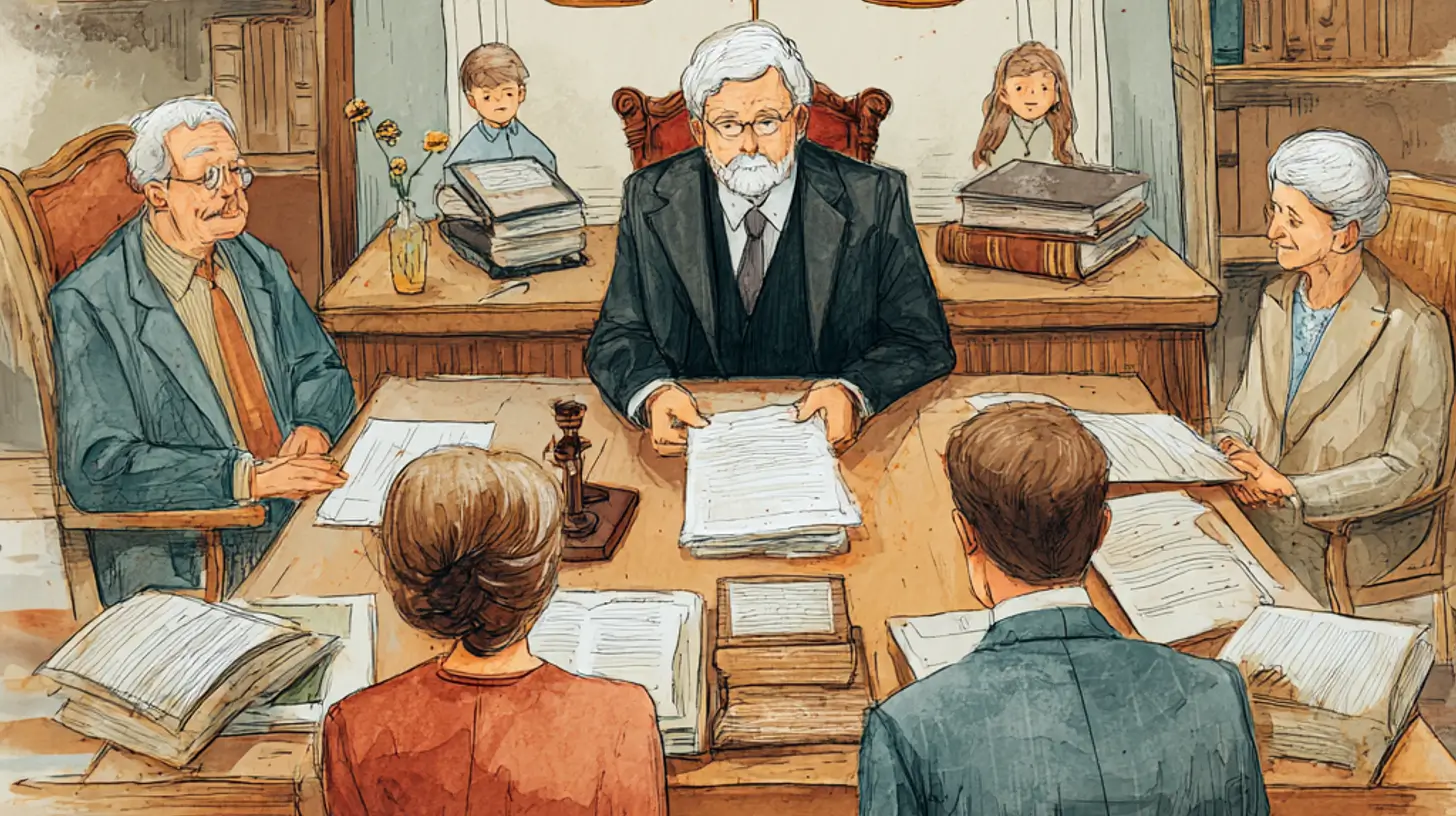September 18, 2025

Probate is the legal process of administering a deceased person’s estate. It involves validating their will, identifying assets, paying debts and taxes, and distributing the remaining property to heirs or beneficiaries. While probate ensures fairness and accountability, it can also be time-consuming, expensive, and emotionally challenging. The legal side of a probate case is complex, governed by strict rules, deadlines, and fiduciary duties. This article explores the framework of probate, its procedures, and how it connects to estate planning and broader legal processes.
1. What is Probate?
Probate is a court-supervised process triggered when someone dies. If the deceased left a will, the court validates it and oversees the executor’s actions. If there is no will, state intestacy laws determine how property is distributed. For more, see What Is Probate?.
2. When is Probate Required?
Not all estates must go through probate. Many states allow simplified procedures for small estates. Probate is generally required when:
For alternatives, see What Is a Living Trust?.
3. The Probate Process
a. Filing a Petition:
The process begins when an interested party files a petition with the probate court.
b. Appointment of Executor or Administrator:
If a will names an executor, the court confirms them. If not, the court appoints an administrator.
c. Inventory of Assets:
The executor identifies and values estate assets.
d. Payment of Debts and Taxes:
Valid debts, funeral costs, and taxes must be paid.
e. Distribution to Beneficiaries:
The remainder is distributed according to the will or state intestacy laws.
This sequence resembles trust administration duties discussed in The Legal Side of a Trust.
4. The Role of the Executor or Administrator
Executors and administrators are fiduciaries with strict duties:
These duties are similar to those of trustees covered in The Role of a Trustee in an Estate Plan.
5. Rights of Beneficiaries and Heirs
Beneficiaries and heirs have rights during probate, including:
These rights echo protections in The Legal Process of Contesting a Will.
6. Will Contests and Probate Litigation
Disputes are common in probate. Grounds for contesting a will include:
Litigation in probate is costly and delays estate resolution. For related issues, see The Basics of a Last Will and Testament.
7. Probate and Taxes
Taxes in probate may include:
Tax implications often intersect with trust planning, as seen in The Benefits of an Irrevocable Trust.
8. Alternatives to Probate
Strategies to avoid probate include:
For more, see What Is a Living Trust?.
9. Duration and Costs of Probate
Probate can take months or years, depending on complexity. Costs include:
These burdens highlight why many families use trusts and other planning tools.
10. Advantages and Disadvantages of Probate
Advantages:
Disadvantages:
Conclusion
The legal side of a probate case demonstrates how courts manage estates after death to ensure fairness, accountability, and compliance with the law. While probate is essential in many cases, it can also be burdensome, making proactive estate planning through trusts, wills, and beneficiary designations crucial.
Further Reading Across the Series:
Stay up to date with the latest tips, expert insights, product reviews, and step-by-step guides to help you grow, create, and succeed—no matter your industry or passion.